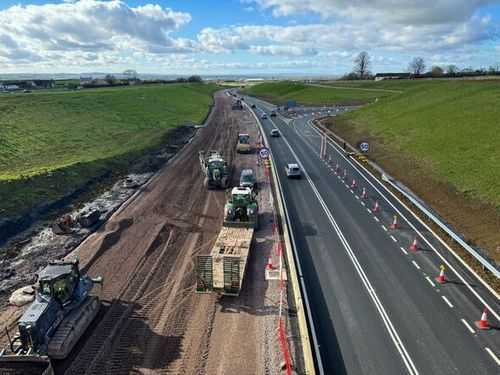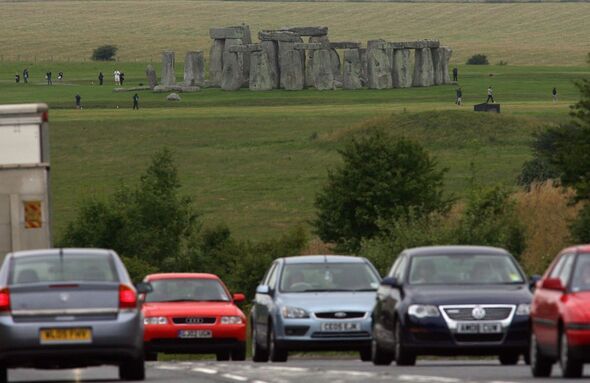

A will be revolutionary for people travelling by car in England and it will save road users a lot of time.
The upgrade to part of the A303 is almost complete and if you are travelling by car from London or the South East, this will cut time off your journey.
Some proposals for the road have been rejected, while others will be going ahead. Others plan to turn other parts of the road that are still single carriageways into dual carriageways.
The most contentious of these has been the proposed tunnel close to . Climate activists called for an end to the new road during a Mass Trespass at Stonehenge on December 5, 2020 in Salisbury.
The trespass was organised in protest against the approval by Transport Secretary Grant Shapps of a £1.7 billion project for a two-mile tunnel beneath the World Heritage Site and a further eight miles of dual carriageway for the A303.

With the road nearly completed, the section between Sparkford and Ilchester now has both lanes open on each carriageway with being able to travel at the national speed limit.
As reported by , Senior project manager Sian Hopkins said: "The traffic management has gone and now the whole section is running."
Ms Hopkins added: "We still have some work to do on the local roads and that will continue in the coming weeks."
said: "The aim of the project has been to dual a 3.5-mile section of single carriageway, helping to promote economic growth, improve journey times and increase safety by unlocking a major bottleneck in the county on the Strategic Road Network."

The road officially opened for traffic on November 4 and will reduce travel time in the region, giving millions of people a smoother journey to the south west.
Work first began on the site in 2021 and work has been ongoing while trying to keep disruption to a minimum over the duration of the upgrade.
Over the three years, five new attenuation ponds have been created to help with drainage on the scheme.
The Steart Hill and Hazlegrove bridge decks have been installed which weigh the same as 137 double decker busses at 1,673 tonnes and wildlife support has also been prioritised.